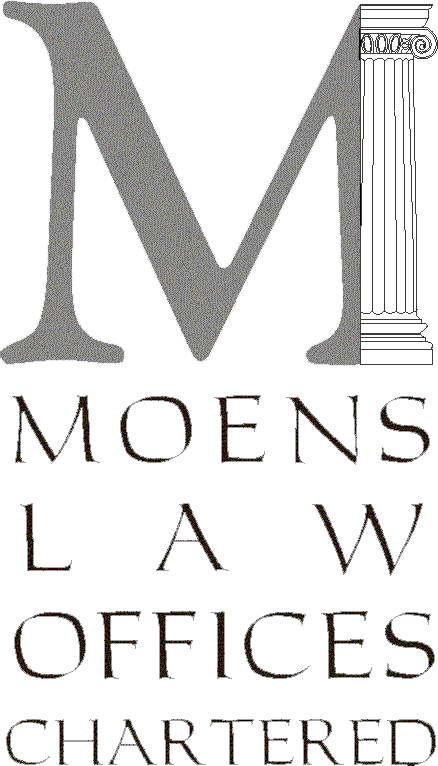
Fair Debt Collection Practices Act
Does this look familiar?
Please be advised that this firm represents Creditor. Demand is hereby made for the sum of $500.00, plus interest in the amount of $25.00, and attorneys fees in the amount of $100.00. Unless said sum is paid in full to the undersigned within seven days, we will immediately institute suit for the full amount due and payable . . . .
Letters similar to this are still sent by attorneys and debt collectors. It is amazing how many attorneys send similar letters. They charge their long-time client $25 or $50 to send a "simple" collection letter for a small debt. They pull up an old collection letter on the computer, fill in the new information, and drop it in the mail. Maybe their client will get paid, maybe not. The client doesn’t have much money in the effort to collect, and the attorney doesn’t have much time in it. Simple. Or perhaps not. The attorney may now be the defendant in a FDCPA action.
Since 1986, the Fair Debt Collection Practices Act ("FDCPA" 15 U.S.C §§ 1692 et seq.) has applied to attorneys who regularly collect consumer debts. The attorney who wrote this letter clearly was not aware of this applicability. This article will outline some of the more common FDCPA violations. However, if an attorney or debt collector sends any collection letters, or makes any telephone calls to attempt to collect debts from consumers, it is possible that the FDCPA applies.
The most glaring defect in the example is the absence of language advising, "This is an effort to collect a debt, and any information obtained will be used for that purpose." This disclosure is required in the initial written communication with the debtor, and in addition, if the initial communication is oral, in that initial oral communication.
The example also fails to alert that the consumer has thirty days to dispute in writing the debt or any portion thereof. Once the consumer disputes the debt in writing, the attorney or debt collector must cease all collection activity until the debt is verified and a copy of the verification is mailed to the consumer. Arguably, even if this disclosure was included, advising a consumer that he must pay the full amount within seven days obviates the required disclosure. The standard used in reviewing FDCPA violations is the "unsophisticated consumer" —— one who is uninformed, naive, trusting, possessing below average intelligence. To say to a debtor, "You have seven days to pay up or you will be sued, but you have thirty days to dispute the debt," is confusing to someone who is informed, sophisticated in financial affairs, cynical, and of above average intelligence. All collection communications should be clear and simple.
The FDCPA has strict and encompassing prohibitions on misrepresentations. Unless the attorney or debt collector actually "immediately instituted suit" after seven days, there is a potential FDCPA violation. The FDCPA states that it is a violation to threaten to take action that cannot legally be taken or is not intended to be taken. An attorney or debt collector who sends a letter such as this should be certain that this $500 claim would be litigated before making such an affirmative statement. The attorney or debt collector should also ensure he or she is licensed in the jurisdiction where the consumer resides or where the contract was signed, if in fact there was a contract. The FDCPA mandates that legal action on a debt must be brought in one of these locations —— if the attorney or debt collector is not licensed in such a location, there is a misrepresentation regarding the ability to bring suit. Unless there was an agreement between the parties regarding interest and attorneys fees, the demand for the same is a false or misleading representation of the character, amount, or legal status of the debt.
The penalties for violation of the FDCPA can be steep, especially in comparison to the small amount generally alleged to be due. An attorney who sends a letter similar to the example could be liable for the consumer's actual damages, $1,000 in statutory damages, and the costs of the action. In addition, in the event the consumer is successful in recovering any of the above, he or she would be entitled to recover reasonable attorneys fees. In the case of a class action, recovery is limited to $500,000 or one percent of the net worth of the attorney. It is important to note that actual damages are not required in order to recover statutory damages and attorneys fees.